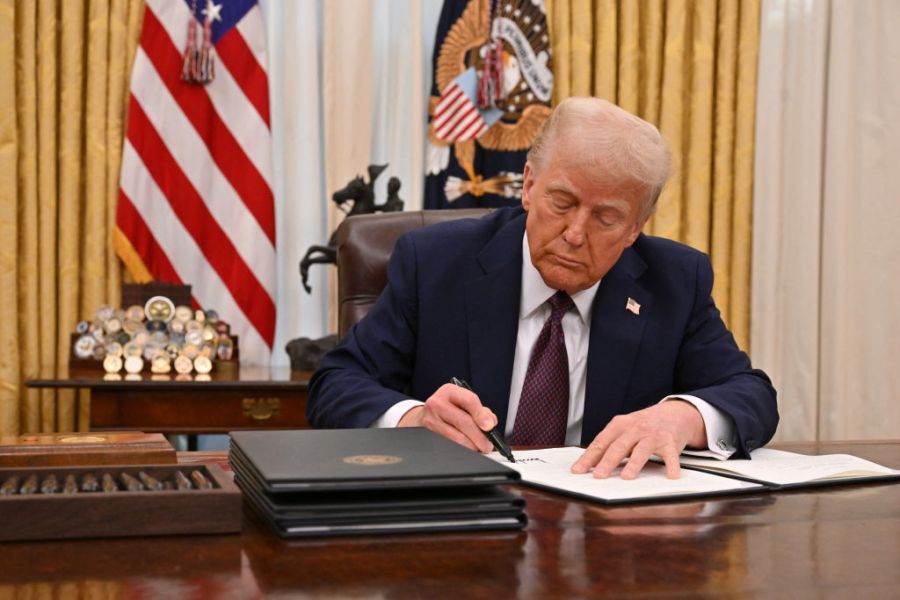(NewsNation) — Plans for President Donald Trump’s proposed “Iron Dome for America” are moving forward as requests for defense contractors to submit construction design ideas have gone out.
Yet, the missile defense system that is an homage to Israel’s Iron Dome will be much different in its approach, Ret. Air Force Lt. General Richard Newton told NewsNation. Newton said the proposed system, which could cost $2.5 trillion, represents a “major undertaking.”
Trump’s executive order for the system gives the Pentagon two months to submit ideas for the Iron Dome project.
Israel’s Iron Dome has been in use since 2011 and has been the foundation of the country’s missile defense system to protect itself from attacks from Hezbollah, Iran and other neighboring countries. The system is designed to intercept relatively primitive rockets and mortars that travel less than 44 miles.
Judge delays Trump’s midnight buyout deadline for federal workers
The Iron Dome was 90% effective against ballistic missiles fired at Israel by Iran in October, which has prompted Trump to order the planning of a “state-of-the-art” missile defense system to be designed in the United States.
“This is much more broad,” Newton said.
The system being proposed by the president involves bringing in 2025 technologies for a system that would be designed to protect the United States against foreign missile attacks, Newton said. The system would involve both land-based, air-based and space-based capabilities.
But considering threats of attacks from China and Russia, Newton believes “the time is now” to move ahead with planning the project, which represents a major upgrade of the nation’s current missile defense system.
In 1983, former President Ronald Reagan first proposed the Strategic Defense Initiative, which was introduced to protect the U.S. from possible nuclear attacks. More than four decades later, Trump’s proposal involves much more complex action, Newton said.
“I think what you’re going to see is not just one (contractor) … but I think you’re going to see several defense companies (come forward),” he told NewsNation. “There are a tremendous number of smaller companies — defense firms — that can really lend a credible and capable hand here.
“There’s lots of technology out there, there’s lots of talent there across the American landscape in (the) defense industry, especially in missile defense and so I think that’s what you’re going to see play out.”
